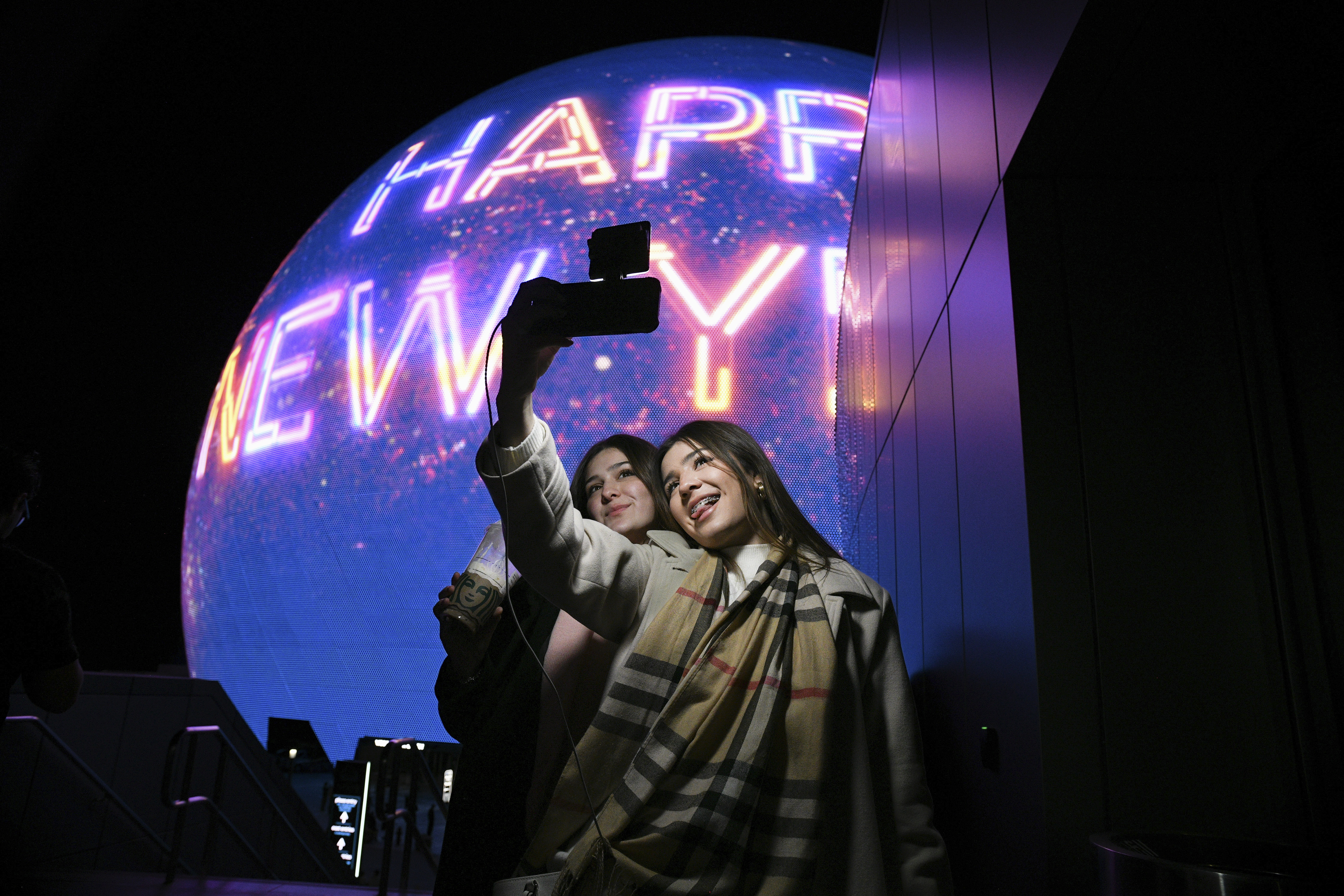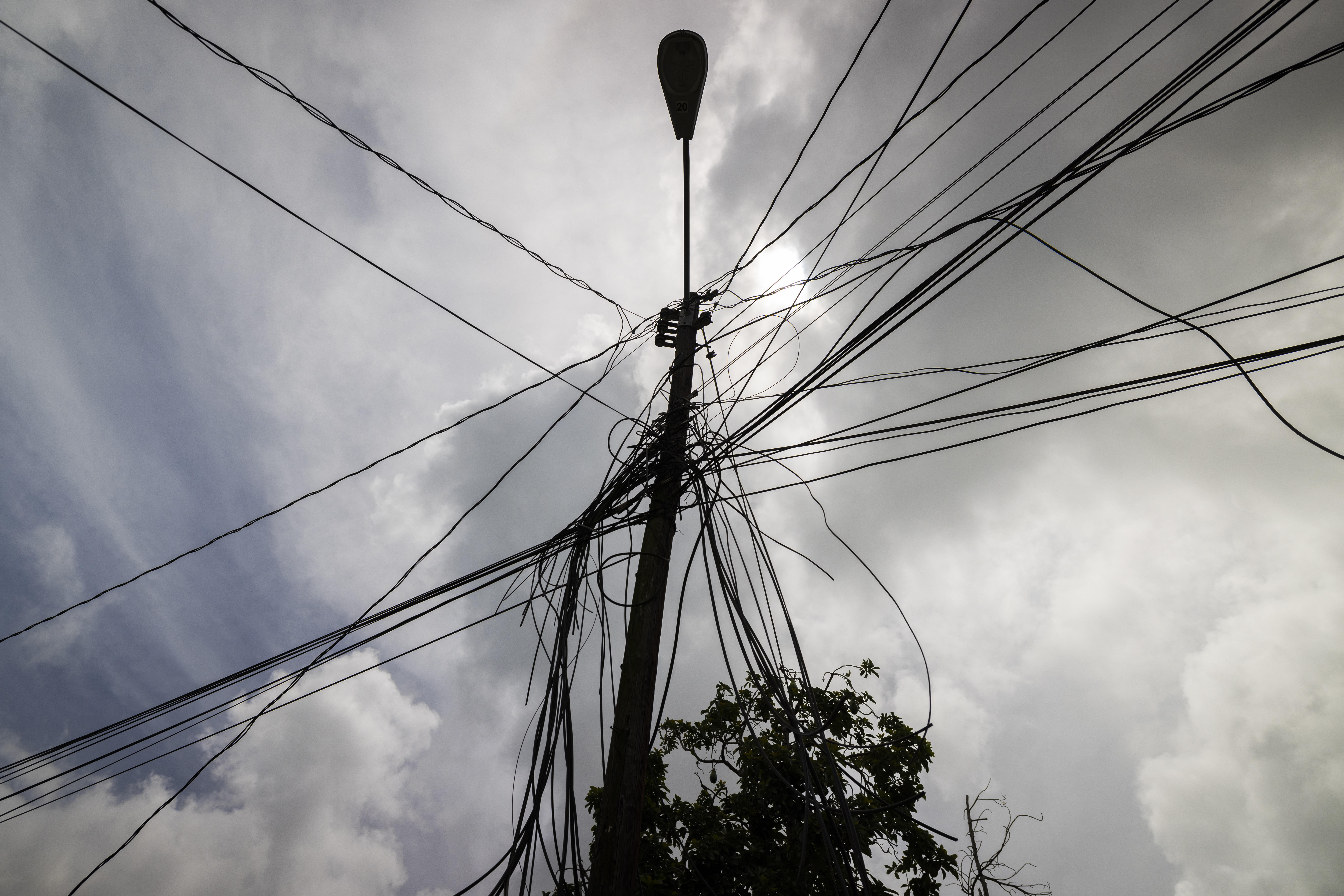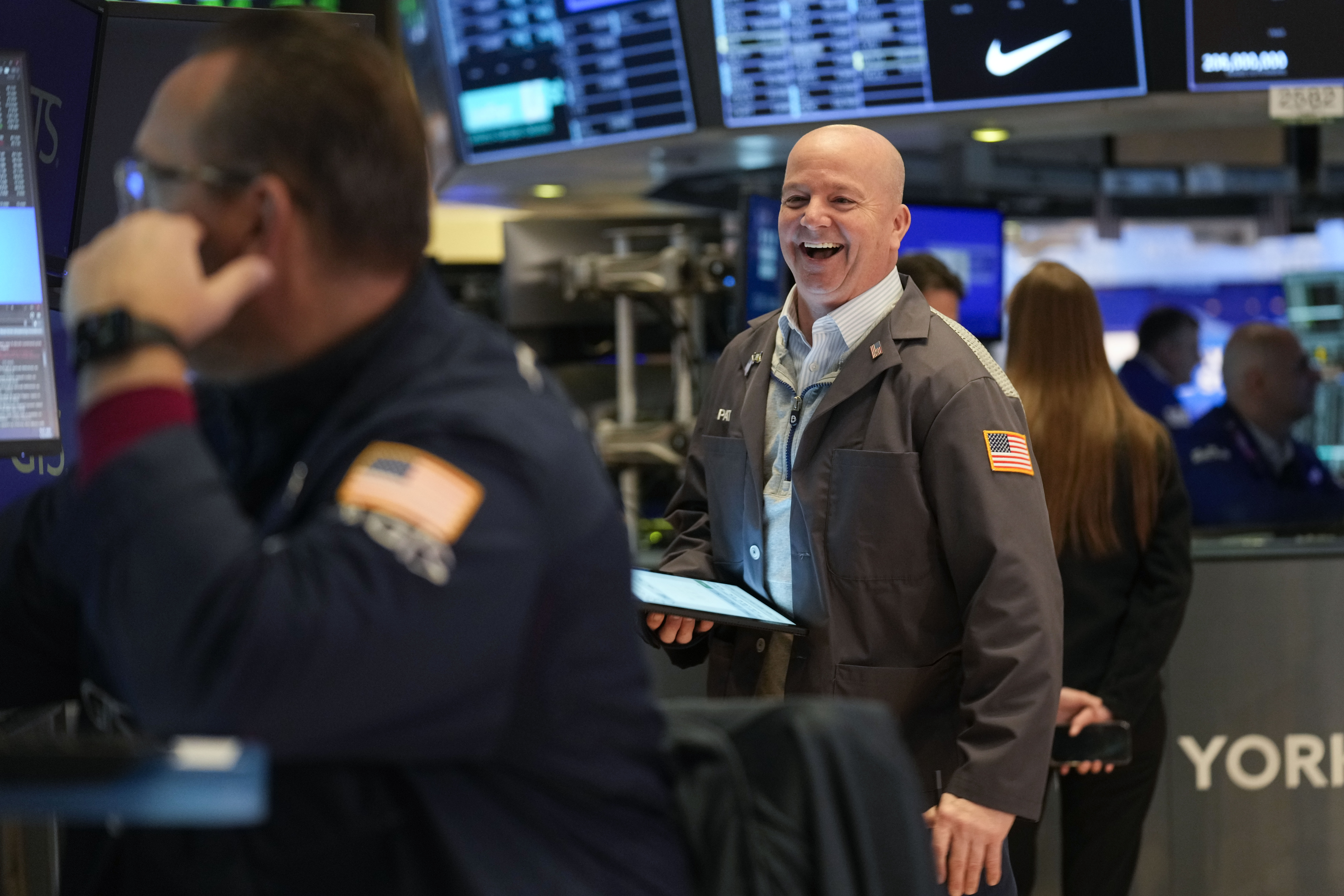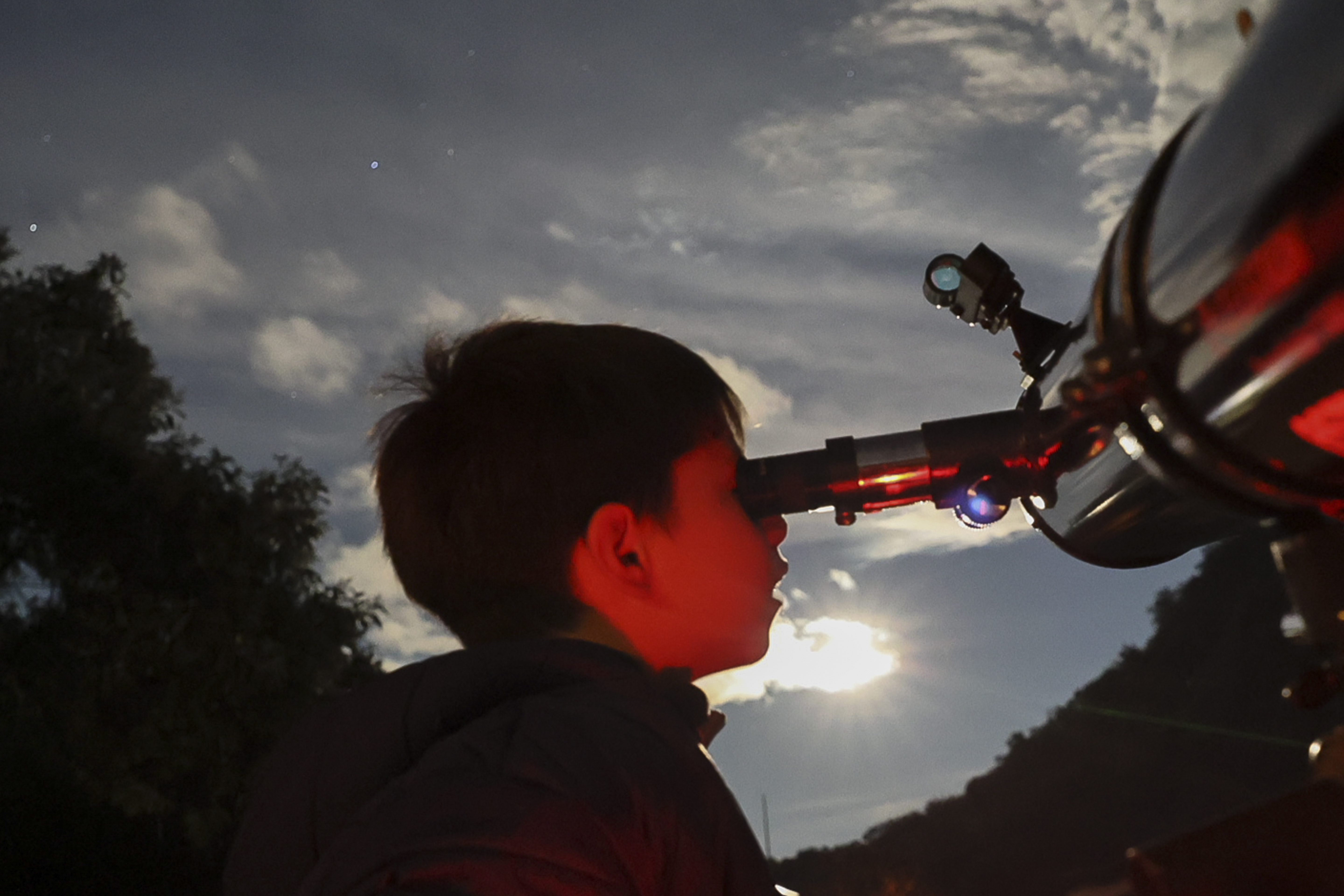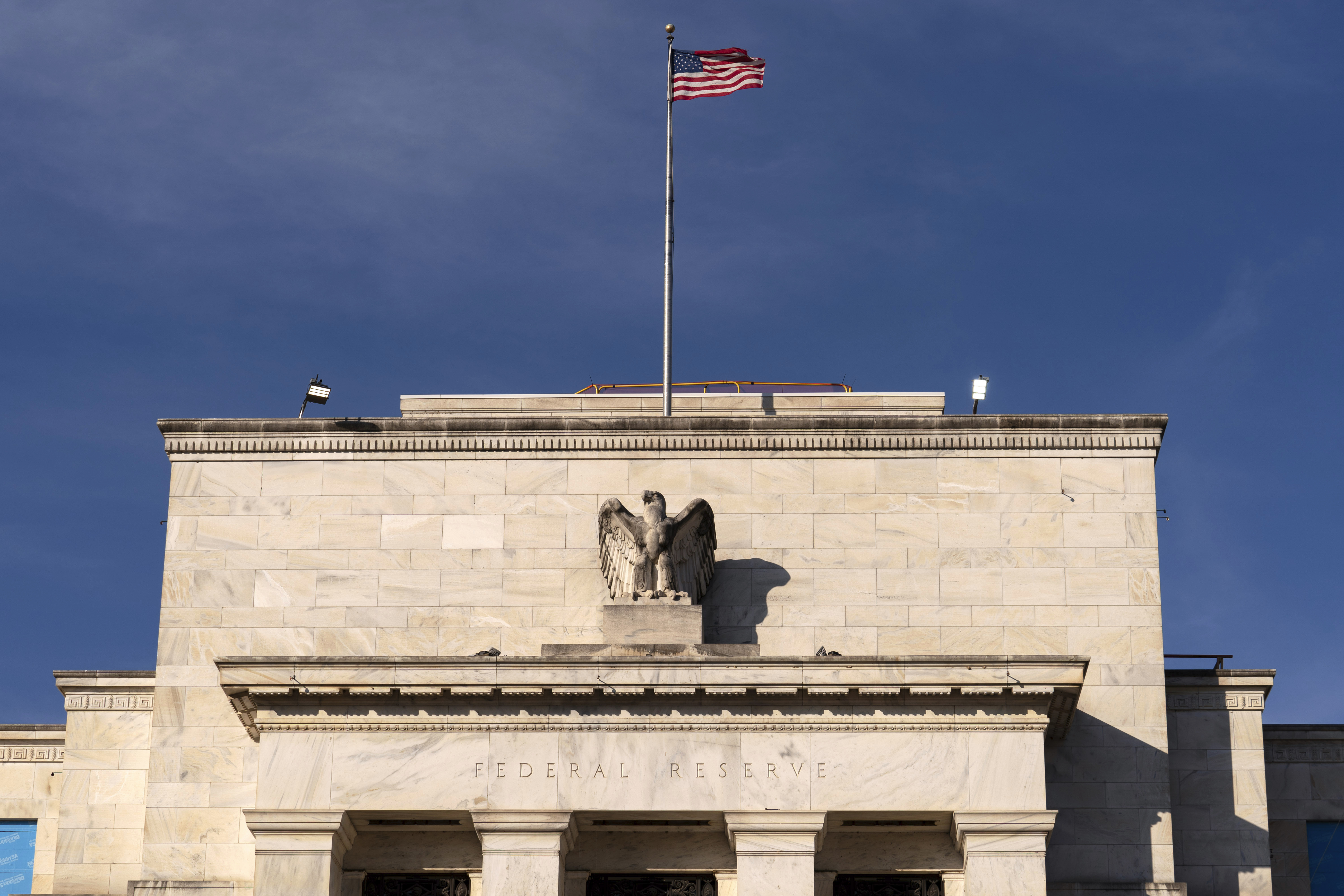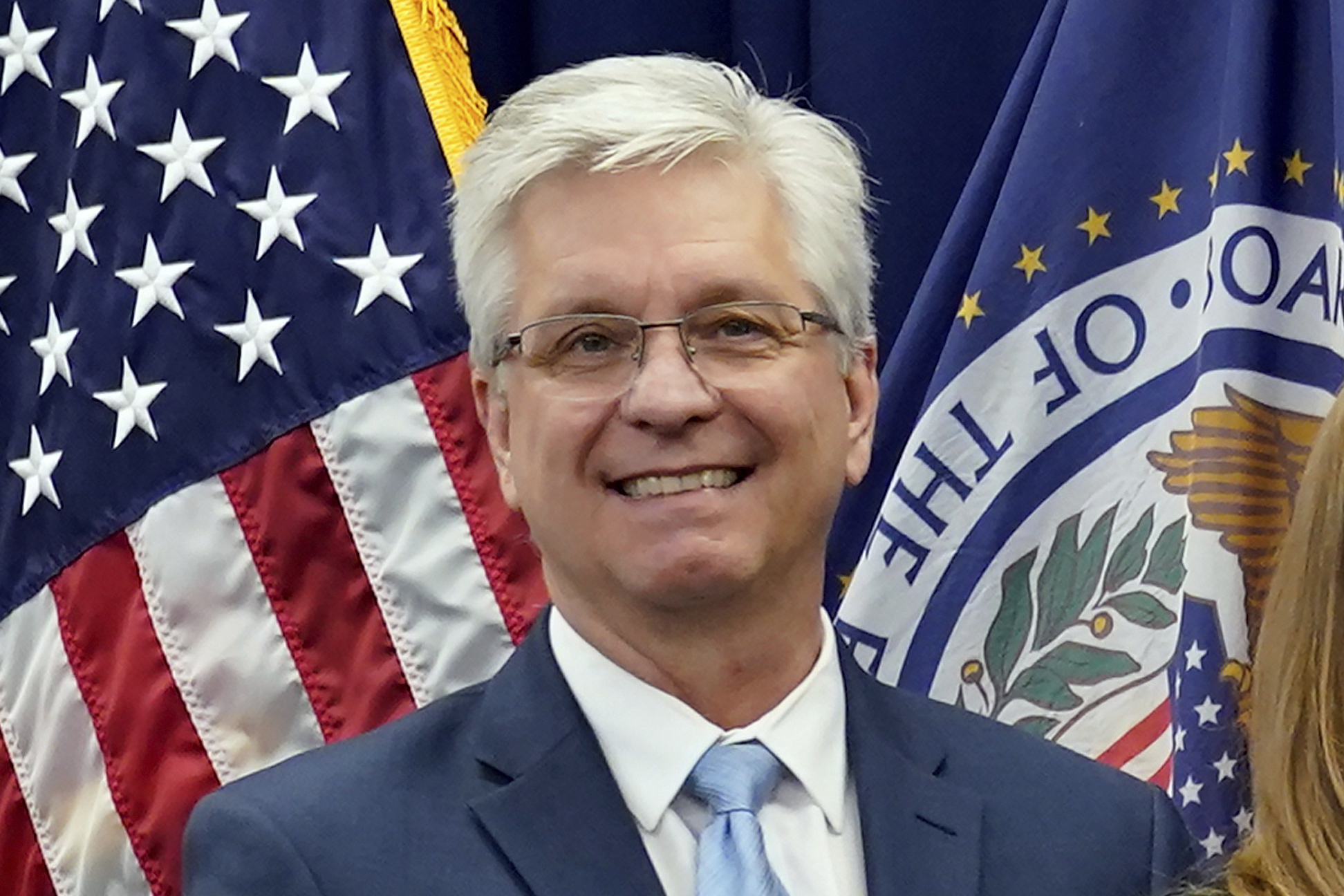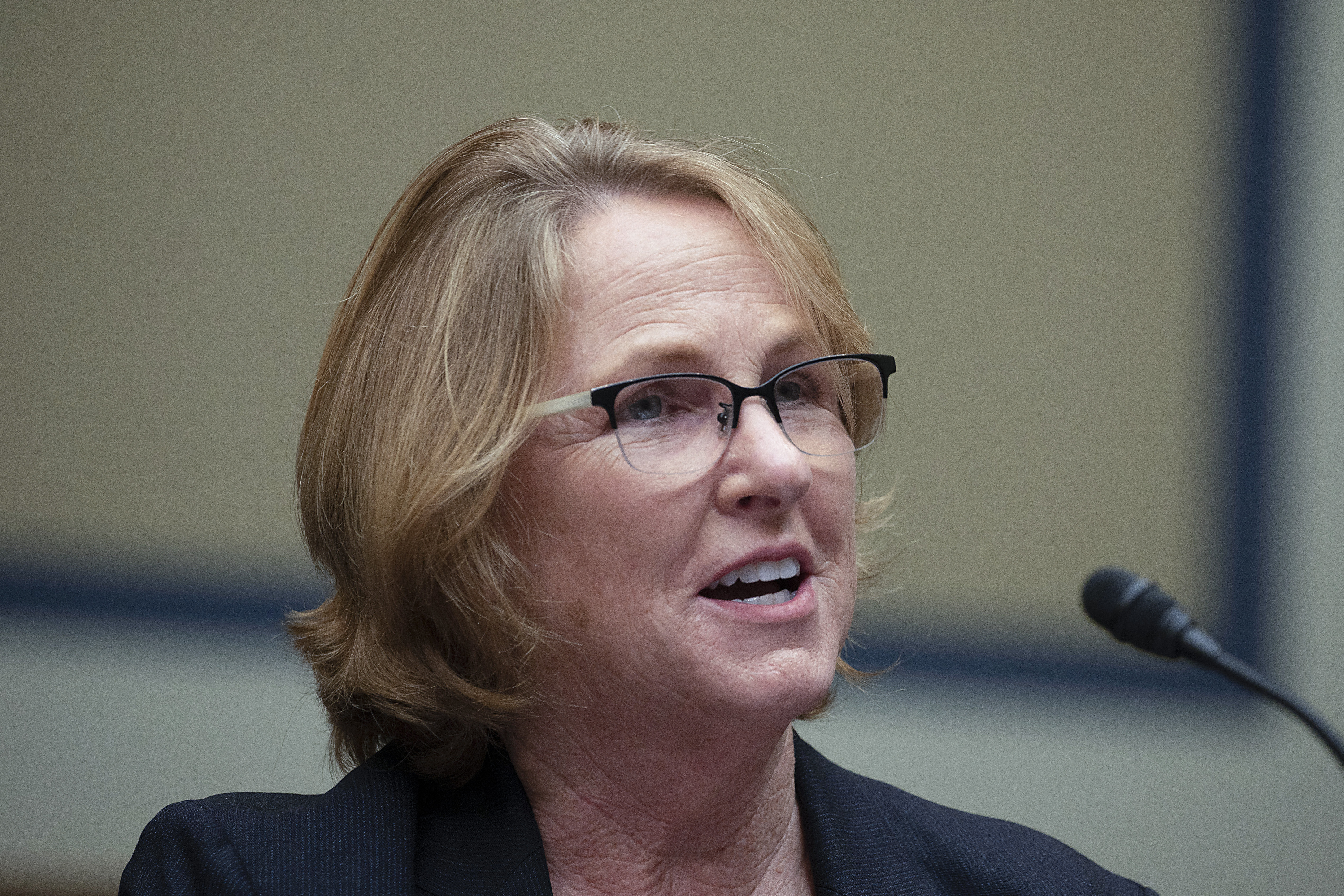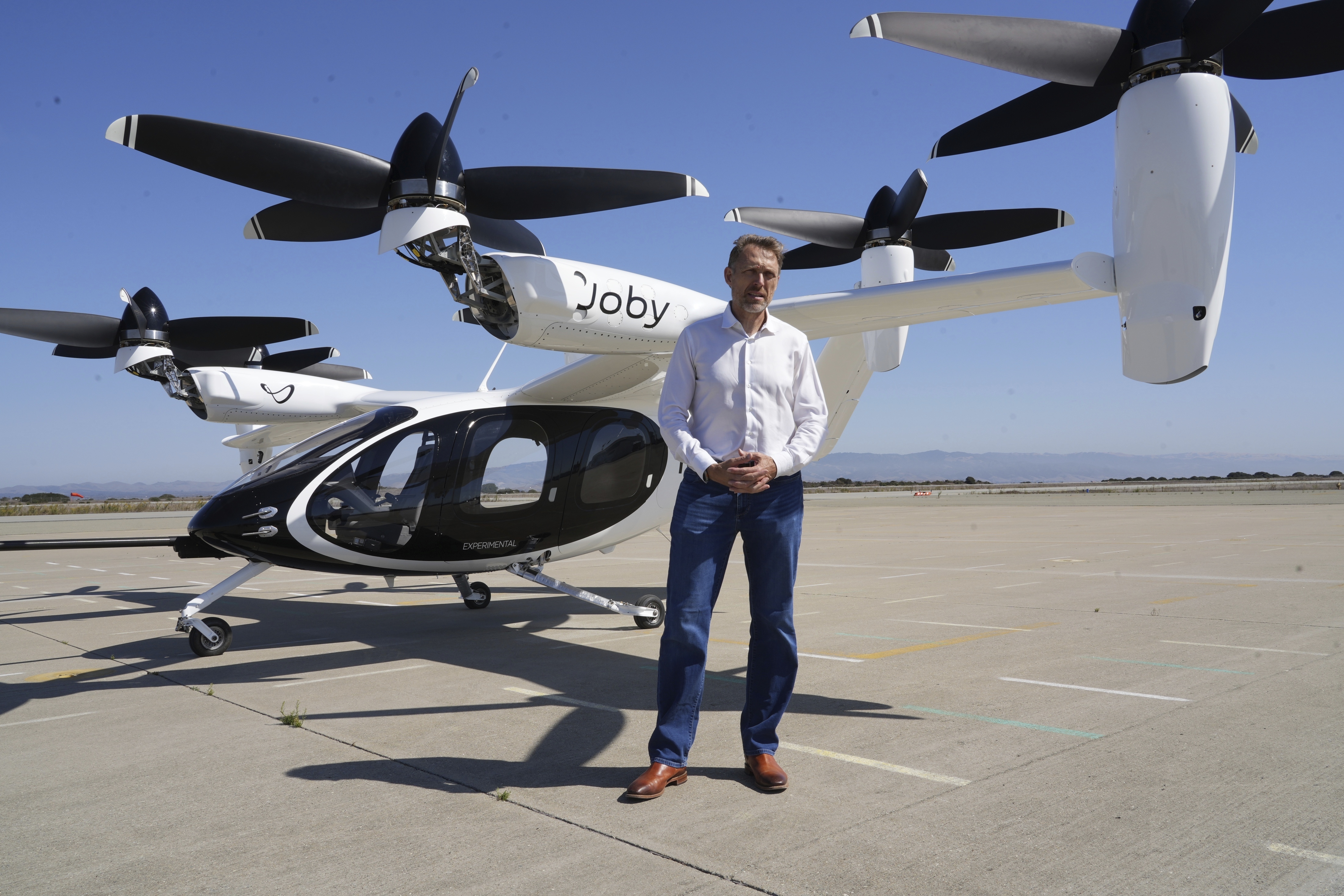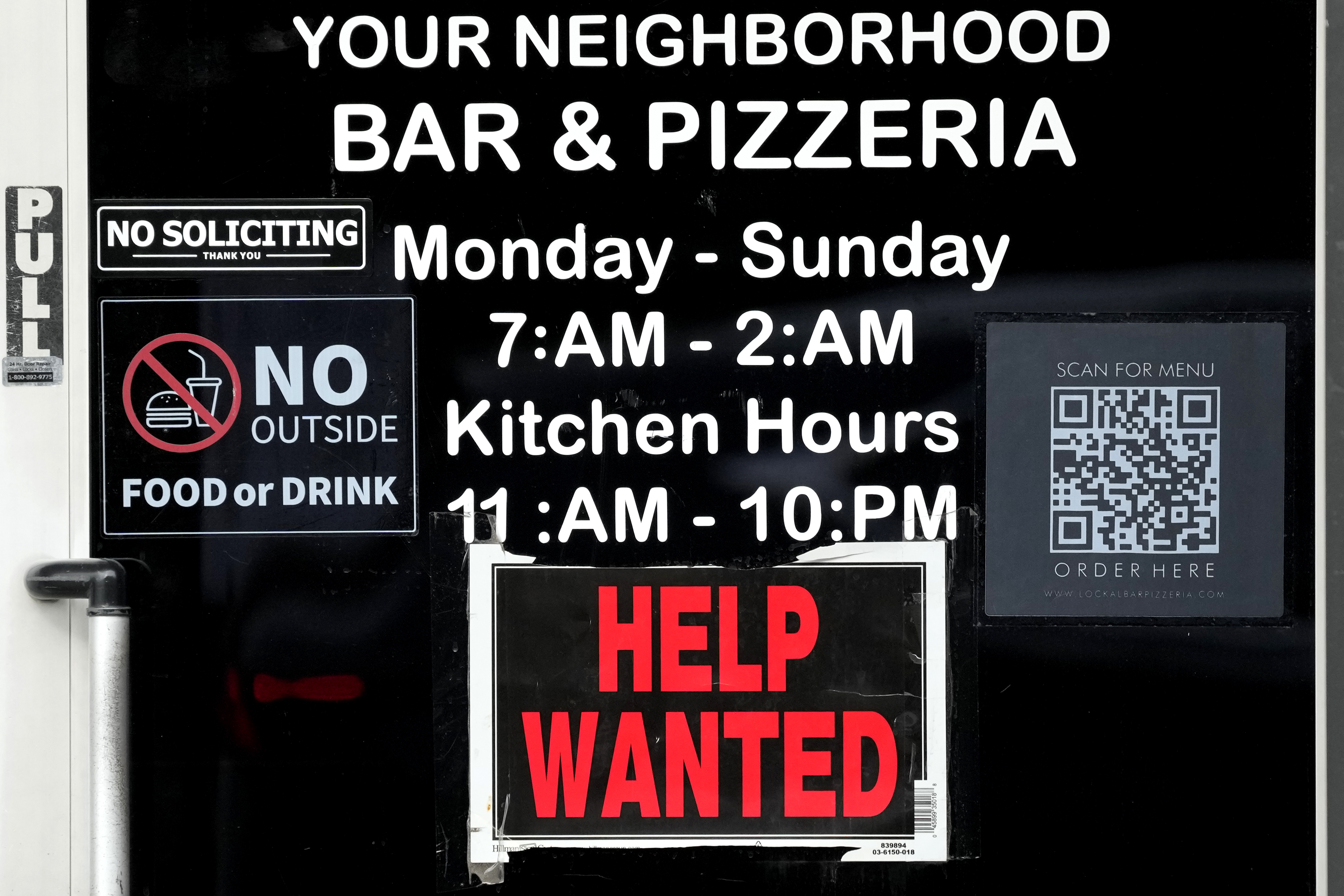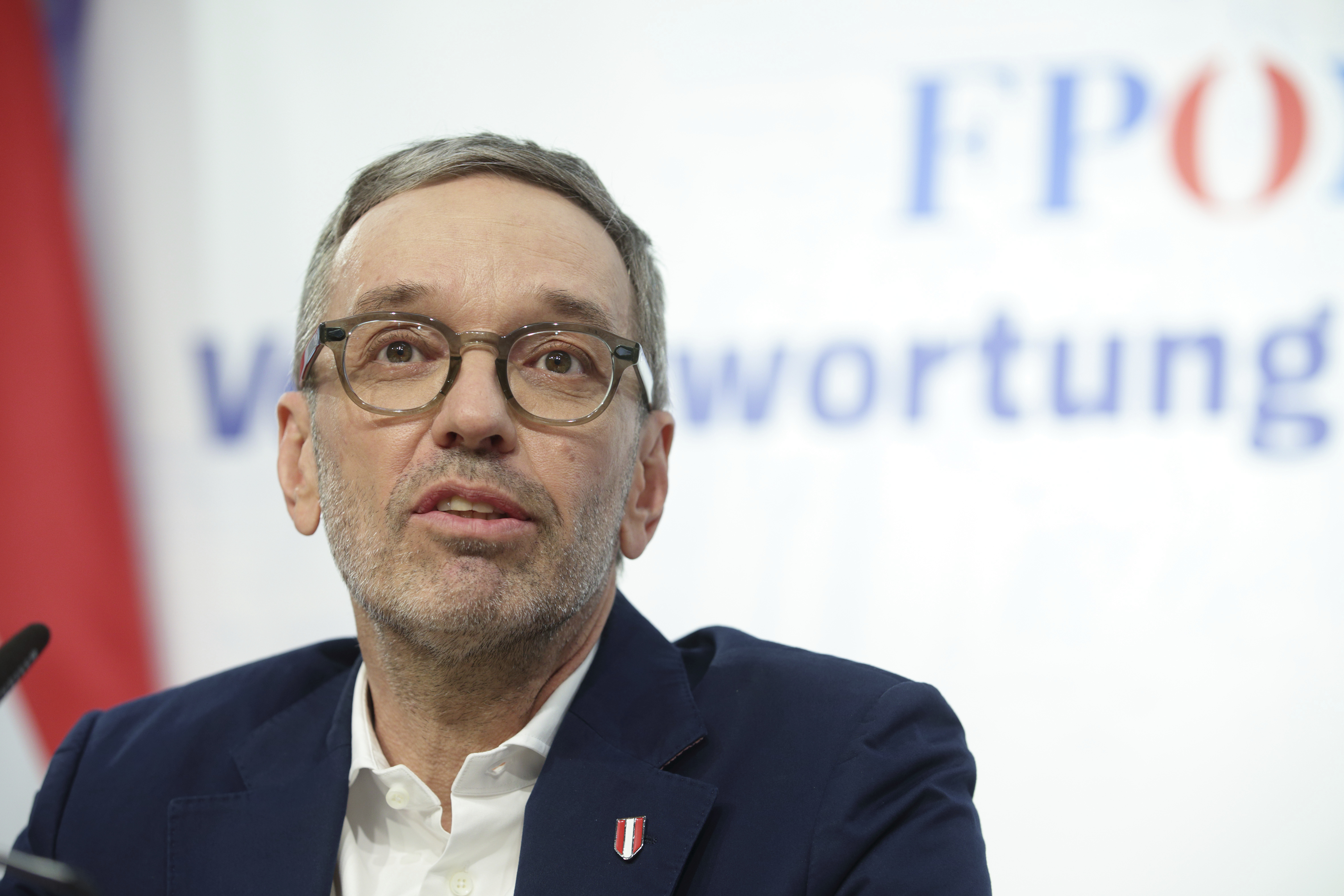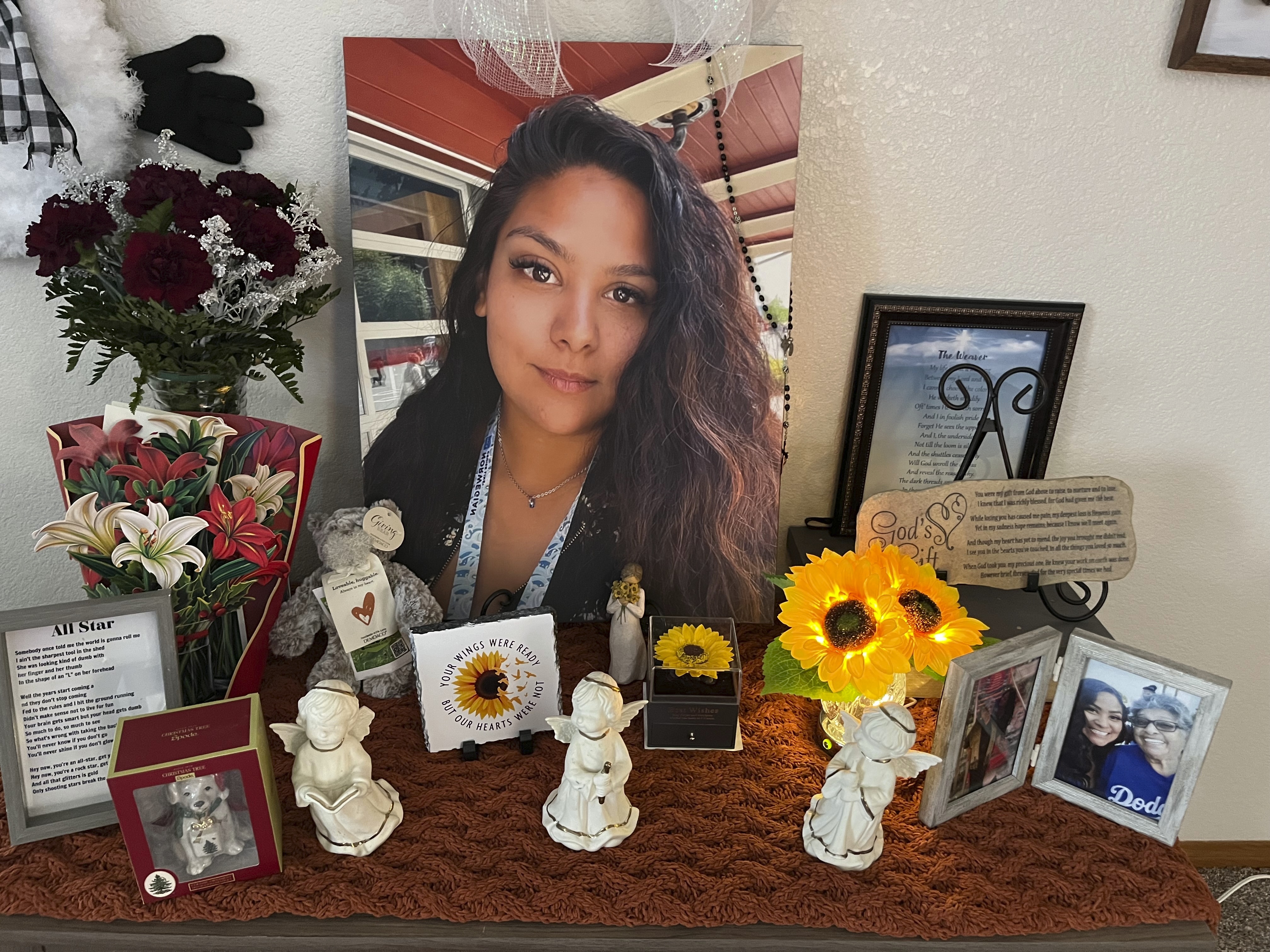CHESAPEAKE, Va. (WAVY) — “There was a big fire in the city, so please pray.”
Those were the first words Kayla Arestivo, 28, remembers hearing regarding the terrorist attacks on Sept. 11, 2001.
Arestivo was a third-grader in a Catholic school on Long Island, New York, and didn’t think much of the request for prayers at first.
She knew her father worked in New York City at the World Trade Center in Lower Manhattan, but the thought of him even being hurt never crossed her mind.
“I remember saying to my best friend, ‘My dad is fine,'” Arestivo said.
But he wasn’t.
William Fallon, 38, was one of the nearly 3,000 killed as a result of the terrorist attacks that day when four commercial airliners were hijacked. Two hit the North and South towers of the World Trade Center, one crashed into the Pentagon in Arlington, Virginia, and a fourth wrecked in a field in Pennsylvania.
Twenty years later, Arestivo now lives on a farm in the Butts Station neighborhood in Chesapeake.
But she can still vividly visualize everything about the Twin Towers that once stood in the concrete jungle of Manhattan.
Fallon worked on the 103rd floor of the North tower for Cantor Fitzgerald in the IT department. When Arestivo was young, she dabbled in modeling and would often go to work with her father.
“I remember everything about those towers,” Arestivo said. “I remember pictures that I would draw for him that he would put on his board, he had a little corkboard. I would draw pictures on his whiteboard. Like I remember the inside of the towers, the elevators, the express elevators … I remember everything.”
She especially remembers the life she said was “wrecked” as long as she was living in the pain of the day the towers fell.
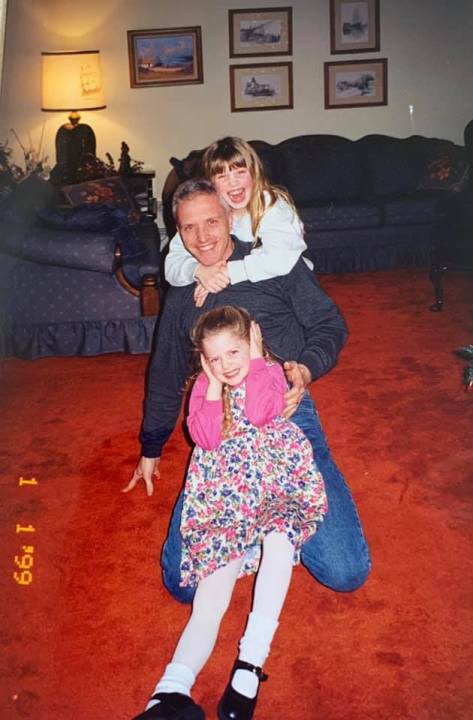
Arestivo says she didn’t know until days after the attack that her father was not coming home. She was picked up from school on 9/11 by her aunts who took her shopping and avoided any media.
But it took years for her to learn what actually happened.
She said her mother originally told her that her father probably died in his sleep, knocked unconscious by the smoke. Arestivo said it wasn’t until eight years later she learned some people were still alive when the towers collapsed.
“The safety barrier that [my family] put to try and protect me, I understand. But it was really hard to unpack this mystery of what happened, and traumatic because every time I learned something new it was like ‘how do I adjust to this?'” Arestivo said.
Arestivo is one of the many children whose parent’s body was never identified following the collapse of the towers.
“I think people don’t understand that I went through a series of different traumas,” Arestivo said. “I don’t know how he passed … this person that went to work and then just vanished. There’s no closure, right?”
For years, Arestivo said she struggled with depression and anger. She said it led to addictions, thoughts of suicide, and the need to go to rehab.
But then she found the Lord.
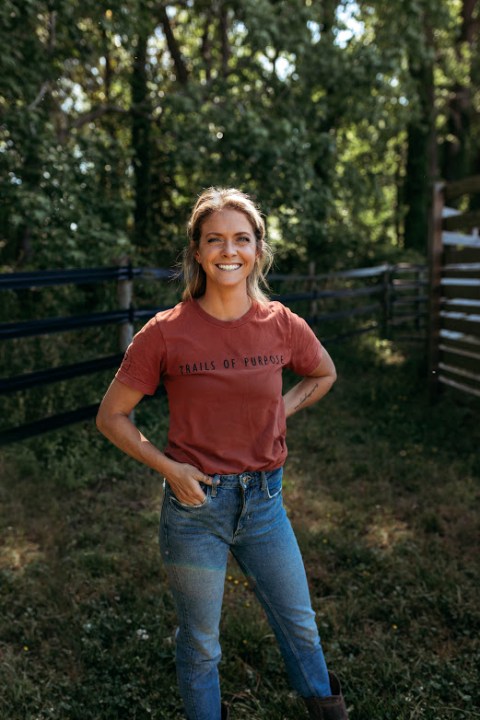
It wasn’t until Arestivo went through a program called Teen Challenge that she began to heal, she said.
“I realized terrorists didn’t just want to hurt people that day, they wanted to hurt people for a very long time and leave their mark. And I was letting them,” Arestivo said. “So when I stopped self-destructing and beating myself up for what other people did to me. I realized I could relate to a lot of different people.”
She changed her major in college, ended up getting a master’s degree in counseling. In 2019, she launched a nonprofit called Trails of Purpose. It aims to help veterans overcome trauma through therapeutic connections with horses.
“If there’s one thing I really know well. It’s how to overcome trauma,” Arestivo said. “It’s just being able to take what happened that day and help other people through their process as well.”
It’s a quality she is told she gets honestly.
“From what I’m heard, I’m a lot like my dad,” Arestivo said with a smile.
Knowing that her father was a helper has helped her become more at peace with the way he might have died.
“The picture that everybody just fell asleep, as I have grown to know more just doesn’t sit well with me. ‘Cause I have a feeling he was helping people., all the way up until the end,” Arestivo said.
The loss of her father is still something she struggles with from time to time, especially around the yearly anniversary of the attacks.
“Extremely painful for everybody especially marking 20 years and seeing, I think, a lot of people feel discouraged with the current events going on in Afghanistan,” Arestivo said. “They took a blow at us 20 years ago and now we are hit again 20 years later.”
While Arestivo doesn’t recommend that anyone live in the past, this 9/11 she hopes people do remember the difference in the way people reacted after the terror attacks. She recalls an atmosphere of people “helping people,” lifting victims’ families and first responders up.
“So if we say ‘Never forget,’ I’d like to see the people never forget the unity that we had after that day,” Arestivo said. “And that’s what should stick with us: American unity of that day.”
Correction: The original version of this story on-air and online incorrectly stated the name of Arestivo’s nonprofit. WAVY regrets the error.
Download the WAVY News App to keep up with the latest news, weather and sports from WAVY-TV 10. Available in both the Apple and Google Play stores.












